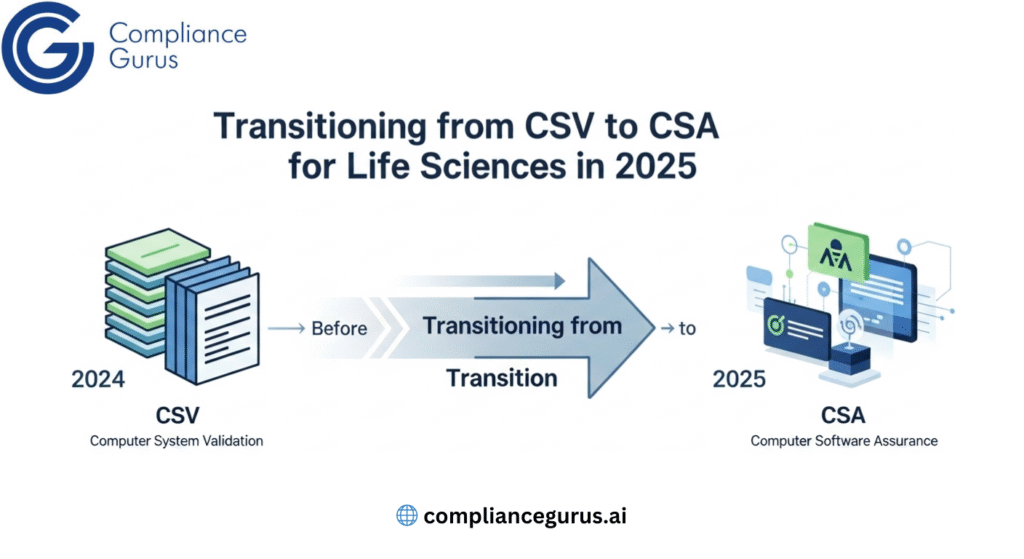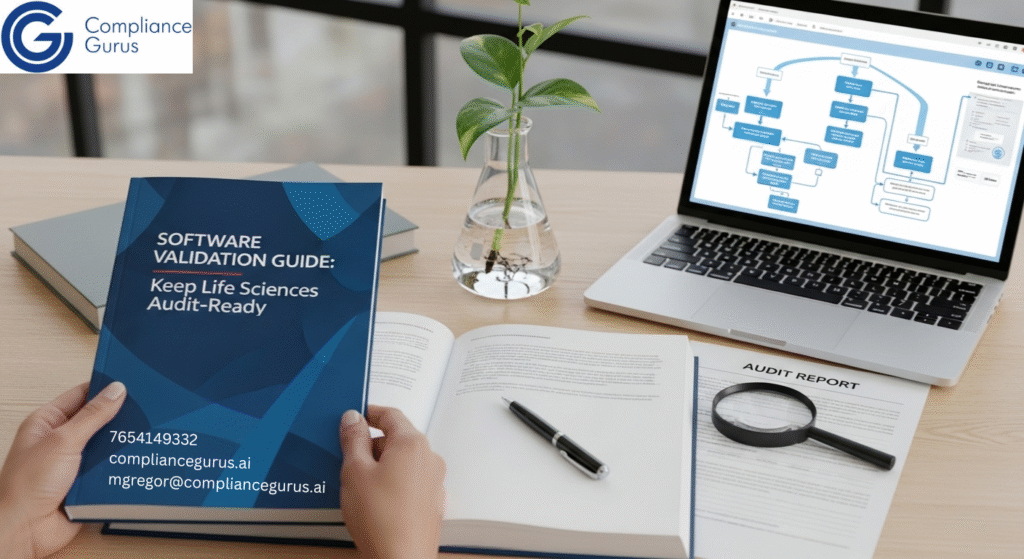In life sciences, trust comes from reliable data. When lives are on the line, every detail count.
Life sciences is a fast-moving field. New medicines and technologies pop up every day. But one thing stays the same: trust matters. We need to trust the medicines we take, the devices we use, and the companies that make them. This trust comes from data integrity. It means keeping data correct, safe, and reliable. For life sciences companies, Data Integrity Programs and Assessments aren’t just boxes to tick for rules. They’re the heart of quality assurance (QA).
They protect patients, help follow laws, and push businesses forward. With more data being collected than ever and tougher rules in place, these programs are super important now. Let’s check out why they’re key and how they help the industry thrive.
Key Reasons Data Integrity is a Must in Life Sciences
- Patient Safety
The Right data ensures medicines and devices are safe and work well.
- Following Rules
Sticking to FDA, EMA, and global standards avoids penalties and holdups.
- Product Quality
Dependable data means products are always top-notch.
- Data Integrity
Open data habits build trust with regulators, partners, and patients.
What Are Data Integrity Programs and Assessments?
A Data Integrity Program is a set of rules, steps, and tools to keep data correct, safe, and law-friendly from start to finish. These programs set up a system to stop mistakes, cheating, or data leaks. They cover everything from gathering data in the lab to storing and reporting it. On the flip side, Data Integrity Assessments are like health checks for your data systems. They dig into what you’re doing now to spot any issues or risks that could mess with rules or quality.

Together, Data Integrity Programs and Assessments build a culture where everyone is careful and accountable. They’re not just about fixing problems. They stop them early and set your company up for success down the road.
How Assessments Work?
Think of a Data Integrity Assessment as a detective mission. Experts check your systems, processes, and records to find weak spots. Here’s what they usually examine:
- Collecting Data
How do you gather data? Are there ways to keep it accurate?
- Processing Data
Are there clear steps to avoid errors when analyzing data?
- Storing Data
Is your data safe from people who shouldn’t touch it?
- Managing Data
Are there systems to track and verify data from beginning to end?
After spotting issues, experts give you practical tips to improve. This might mean updating software, training your team, or tweaking how you work to match industry standards.

The Benefits of Strong Data Integrity Programs
Starting a Data Integrity Program isn’t just about dodging trouble. It’s about opening doors to grow and work smarter. Here’s why life sciences companies are jumping on board:
- Easier Compliance: A solid program keeps you ready for audits, cutting stress and time when inspectors show up.
- Better Efficiency: Clear steps reduce mistakes and redo’s, letting your team focus on fresh ideas.
- Less Risk: Regular checks catch problems early, saving you from big errors or fines. Catching issues now avoids costly fixes later, like car maintenance that saves you from a breakdown.
- Works Anywhere: If you’ve got one lab or tons worldwide, a good program fits local and global rules.
Take a big drug company with labs everywhere. They might use a Data Integrity Program to ensure everyone handles data the same way, no matter the location. This helps them follow rules in different countries and makes teamwork smoother, boosting how they run.
Building a Robust Data Integrity Program
Creating a Data Integrity Program isn’t one-size-fits-all. It has to match your company’s needs, if you’re a small startup or a global giant. Here’s how business management consulting firms can help you build one:

Step 1: Checking What You Do Now
It starts with a deep Data Integrity Assessment. Experts examine your systems, like lab tools and storage, to find weak points. They might see if your digital records are safe from changes or if your team can spot data mix-ups.
Step 2: Finding Problems and Risks
After the assessment, they pinpoint areas to fix. Maybe your backups are outdated, or your team lacks clear rules for recording results. They note these issues and figure out how they could affect the rules or safety.
Step 3: Giving Practical Advice
Once weak spots are found, experts offer simple, useful ideas. These could be:
- Adding software to track data changes.
- Training staff on smart data habits.
- Setting rules to record and check data in the same way every time.
Step 4: Making Changes
With the ideas approved, it’s time to act. This might mean new tech, updated processes, or training sessions. The goal is a system that’s easy to maintain and can adapt as needed.
Step 5: Keeping an Eye on Things
A Data Integrity Program isn’t a one-and-done deal. Regular reviews and assessments keep it fresh as rules shift. This proactive style keeps you audit-ready anytime.
Challenges and Solutions in Data Integrity
Sure, Data Integrity Programs and Assessments are awesome, but they come with hurdles. Here are some common ones and how to fix them:
- Problem: Keeping up with rules that change across countries.
- Fix: Team up with experts who track global standards and tweak your program to fit. They handle the tough stuff so you don’t have to.
- Problem: Workers resist new ways of doing things.
- Fix: Offer fun training and explain why it’s better. Show how it makes their jobs easier or helps the company win.
- Problem: Balancing cost with a strong system.
- Fix: Work with business management consulting firms to pick changes that pack a punch without draining your budget.
Tackling these head-on builds programs that last and work great.
Why Choose Compliance Gurus for Your Data Integrity Needs?
At Compliance Gurus, we get how big a deal data is in life sciences. Our data integrity services protect your data, ensure you follow rules, and help your business grow. We team up with you to figure out what you need, craft solutions that fit, and stick around to keep your program strong and audit-ready. It doesn’t matter if you’re new or a big name, our crew brings know-how and a passion for quality to every job.
Ready to boost your data integrity and QA game? Visit ComplianceGurus.ai to see how we can help you build a program that keeps data safe and drives success. Let’s team up to make trust the core of your business.








